- Overview
- Symptoms
- Causes & Risks
- Types of Eczema
- Locations on the Body
- Tests & Diagnosis
- Treatment
- Complications
- Living With
- View Full Guide
10 Tips for Maintaining a Kick-Ass Workout Schedule When You Have Eczema


Push Your Workout to the Max
For anyone with eczema, exercise may be daunting – after all, sweat and heat are common triggers that can precipitate a nasty flare-up – but that doesn’t mean you have to give up going to the gym. Follow the advice of these busy professionals and you can push your workout to the max.
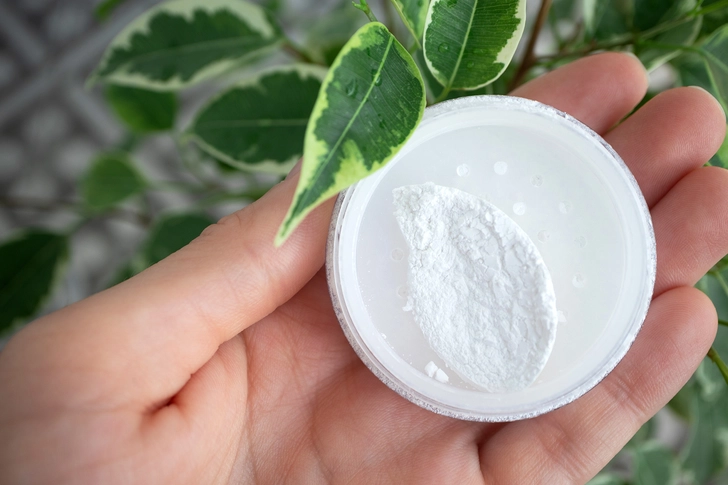
1. Grab Some Zinc
“Besides being a board-certified dermatologist, I am a 16-time marathon runner. Friction and sweat are the biggest contribution to eczema during exercise. Use a 10 percent zinc oxide ointment as a skin barrier, especially on your nipples and under your chest, underarms, and between your thighs, where friction and sweat can wreak havoc. It prevents rashes from moisture. Zinc oxide can also act as an antiperspirant and deodorant.” – Elaine F. Kung, MD, assistant professor of dermatology at Weill Cornell Medicine.
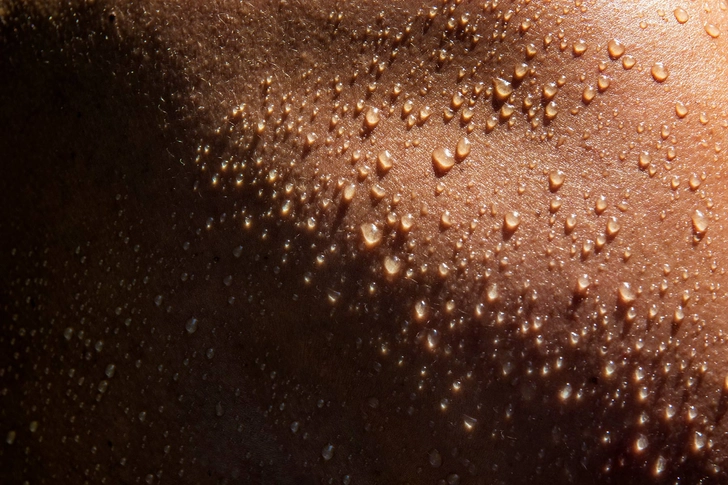
2. Avoid Other People’s Sweat
“My flare-ups sometimes come from sweat. [In addition to] being careful about excessive sweating when I exercise, it’s crucial for me to wipe down equipment before I use it – even if I think the gym might have done so – because other people's perspiration can trigger a flare-up for me. Also, if I use a mat the gym provides and it hasn’t been wiped down, I’ll have a flare-up almost immediately, so I bring my own mat.” – Monique Tatum, a New York–based publicist and owner of Commit Haircare
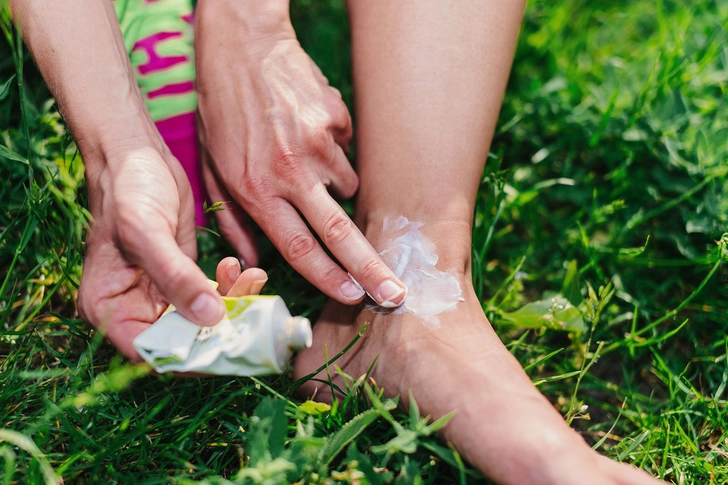
3. Wrap Your Skin
“I have eczema on my ankles, heels, and hands. As a runner, I apply steroid cream and then wrap up the irritated areas with gauze pads very loosely before any run. This helps keep the air flowing and minimizes irritation. I also use Eucerin multiple times a day as my main moisturizer.” – Kristin Marquet Chester, founder and creative director of Marquet Media in Scarsdale, New York
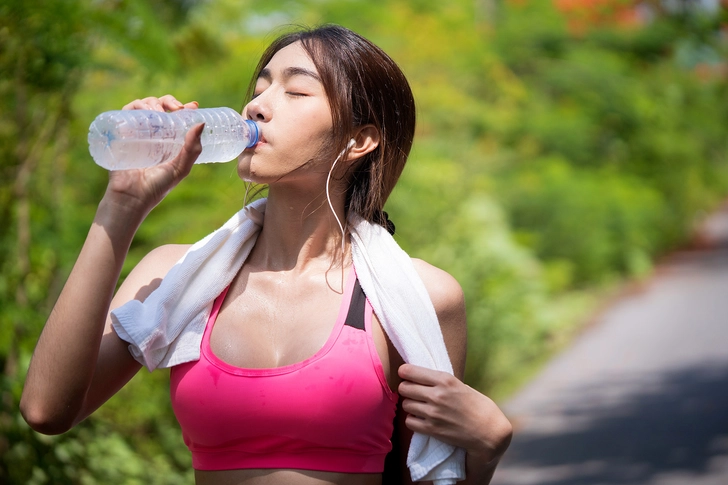
4. Water Is Your Best Friend
“Whenever I’ve exercised with a dehydrated body, I’ve felt hotter and more uncomfortable and I start itching. So make sure you are hydrated. Drink water before, during, and after your workout. Also, I take a bath with cold water immediately after exercise to remove bacteria from my skin. The cold water also helps prevent further itching.” – Amanda Green, co-founder of MySpeechClass.com, a public speaking website based in Tualatin, Oregon
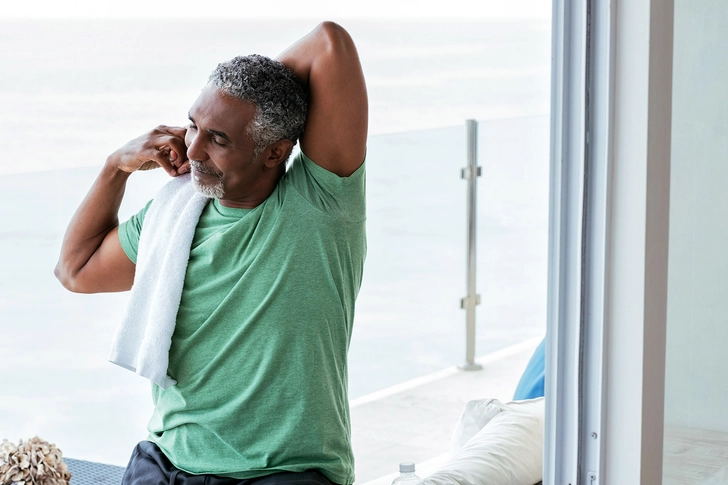
5. Stick to Cotton
“When you have eczema and you’re exercising, it’s important to wear light and loose-fitting clothes so your skin can breathe. Organic cotton is one of the best fabrics – it provides comfort without trapping moisture against sensitive areas that could lead to an outbreak or burning sensation. Avoid anything made from synthetic materials such as polyester.” – Charles Erasmus, founder of the wellness website GreenMindWarrior.com
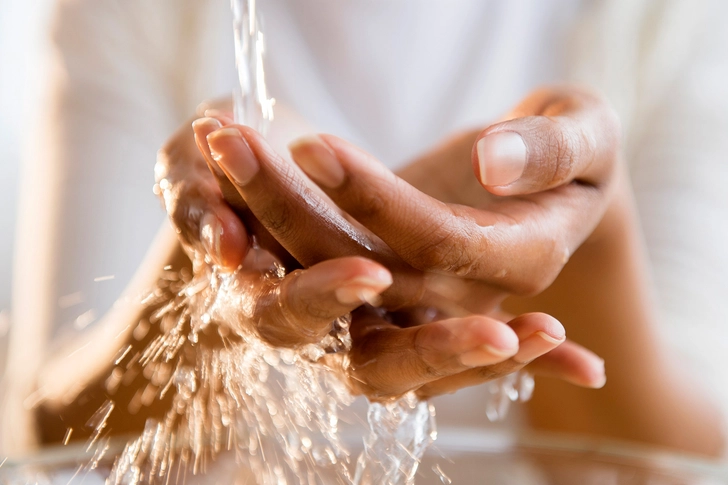
6. Wash Your Hands After Touching Gym Equipment
“When you have eczema, it’s easy for bacteria to get into your skin and cause infections. To keep this from happening, wash your hands and use antibacterial soap. Make sure to seal the water in with a thick non-fragranced moisturizing cream after washing.” – Reda Elmardi, certified trainer and nutritionist, registered dietitian, and owner of TheGymGoat.com in Bronx, New York
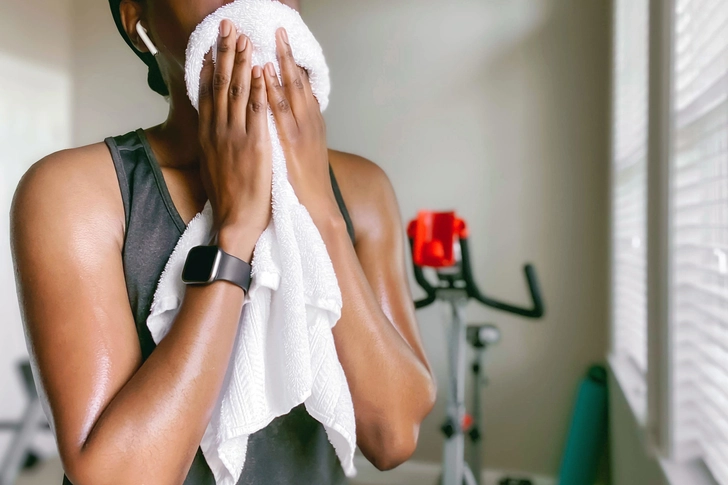
7. Stay Cool
“Choose a cool time of day for your session, and stay in a cool area of your gym. Keep a fan nearby while you exercise, towel off sweat frequently, and always take a shower immediately after your workout.” – Marie Davis, founder and CEO of Ria’s Beauty Collection in Salisbury, North Carolina
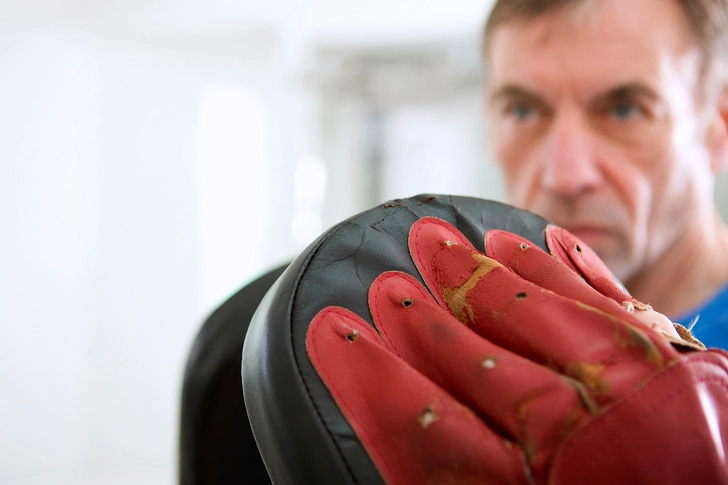
8. Power Through The Itch
“During martial arts, my body starts to heat up and I begin to sweat. The moisture can lead to an eczema flare-up, which will eventually spread across my whole body, especially when I'm holding focus pads for a boxing partner, and wearing shin pads during sparring. The friction between the protective gear on my skin can be especially irritating. To push through the itch, I focus on the task at hand and tell myself that every itch will pass. Some days, this is easier said than done, but the discipline of being fully present feels good. I used to sneak off to the bathroom for a scratch, but now I persevere – and look forward to a cold shower right after my workout!" – Jason Peter, founder of the eczema support site TSWAssist in Sydney, Australia
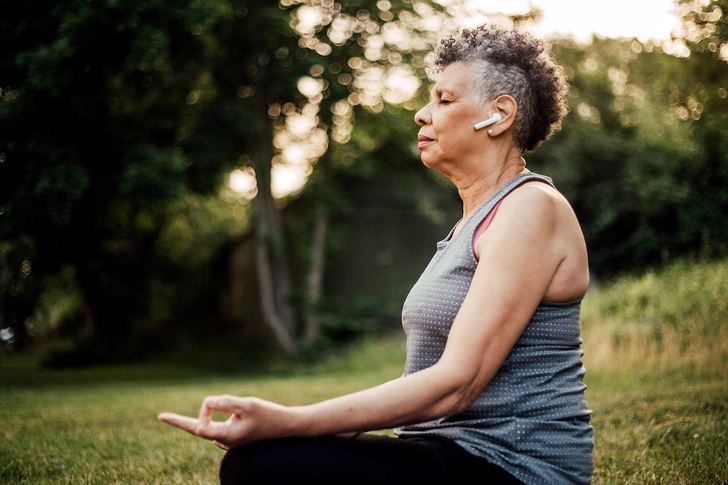
9. Swap Out Your Workout
“I’m super-crazy about working out regularly. When my skin is sensitive, red, and itchy, especially on summer days … I switch from my regular heavy resistance training and run to a lower-intensity workout [involving] tai chi, Pilates, or yoga, which will improve your mobility and muscle strength and reduce stress.” – Bishnu Pada Das, certified personal trainer, CrazyAthlete.com
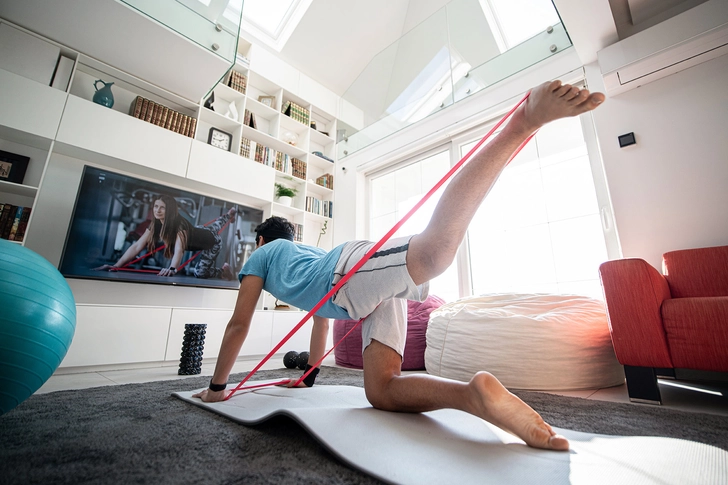
10. Focus on Your Moves, Not Your Skin
“I use a workout streaming app. … Having a virtual instructor telling me what to do keeps me focused on my workout and takes my attention away from any discomfort. Also, working out makes me feel empowered. When I exercise, I feel comfortable in my skin and grounded in the present moment.” – Kendra Gerein, a social worker in Saskatoon, Saskatchewan, Canada
IMAGES PROVIDED BY:
- vitapix / Getty Images
- olhakozachenko / Getty Images
- David Troncoso / Getty Images
- Guido Mieth / Getty Images
- thianchai sitthikongsak / Getty Images
- The Good Brigade / Getty Images
- JGI / Jamie Grill / Getty Images
- Grace Cary / Getty Images
- Judith Haeusler / Getty Images
- Maskot / Getty Images
- Jasmin Merdan / Getty Images
SOURCES:
Elaine F. Kung, Weill Cornell Medicine, New York.
Monique Tatum, Commit Hair Care, New York.
Kristin Marquet, Marquet Media, Scarsdale, New York.
Amanda Green, MySpeechClass.com, Tualatin, Oregon.
Charles Erasmus, GreenMindWarrior.com, Clanwilliam, Western Cape, South Africa.
Reda Elmardi, TheGymGoat.com, Bronx, New York.
Marie Davis, Ria’s Beauty Collection, Salisbury, North Carolina.
Jason Peter, founder TSWAssist, Sydney, Australia.
Bishnu Pada Das, CrazyAthlete.com, West Bengal, India.
Kendra Gerein, Saskatchewan Health Authority, Saskatoon, Canada.